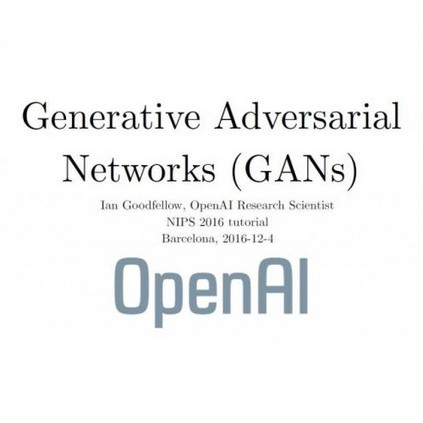A recent study showed that commonly (vanilla) studied implementations of accelerometer-based gait authentication systems ($v$ABGait) are susceptible to random-vector attack. The same study proposed a beta noise-assisted implementation ($\beta$ABGait) to mitigate the attack. In this paper, we assess the effectiveness of the random-vector attack on both $v$ABGait and $\beta$ABGait using three accelerometer-based gait datasets. In addition, we propose $i$ABGait, an alternative implementation of ABGait, which uses a Conditional Tabular Generative Adversarial Network. Then we evaluate $i$ABGait's resilience against the traditional zero-effort and random-vector attacks. The results show that $i$ABGait mitigates the impact of the random-vector attack to a reasonable extent and outperforms $\beta$ABGait in most experimental settings.
翻译:最近的一项研究表明,通常(香草)研究的基于加速计的轨迹验证系统(V$ABGait)的实施很容易受到随机矢量攻击,同一研究还提议采用乙型噪声辅助实施($Beta$ABGait)来减轻攻击;在本文中,我们利用三个基于加速计的轨迹数据集评估对美元ABGait和美元Beta$ABGait的随机矢量攻击的有效性;此外,我们提议采用ABGait的替代实施($i$ABGait),即使用直观定模量基因反转网络。然后我们评估$i$ABGait对传统的零功率和随机动量攻击的抗御力。结果显示,$ABGait在多数实验环境中将随机矢量攻击的影响减轻到合理程度并超过$\Beta$ABGait。





